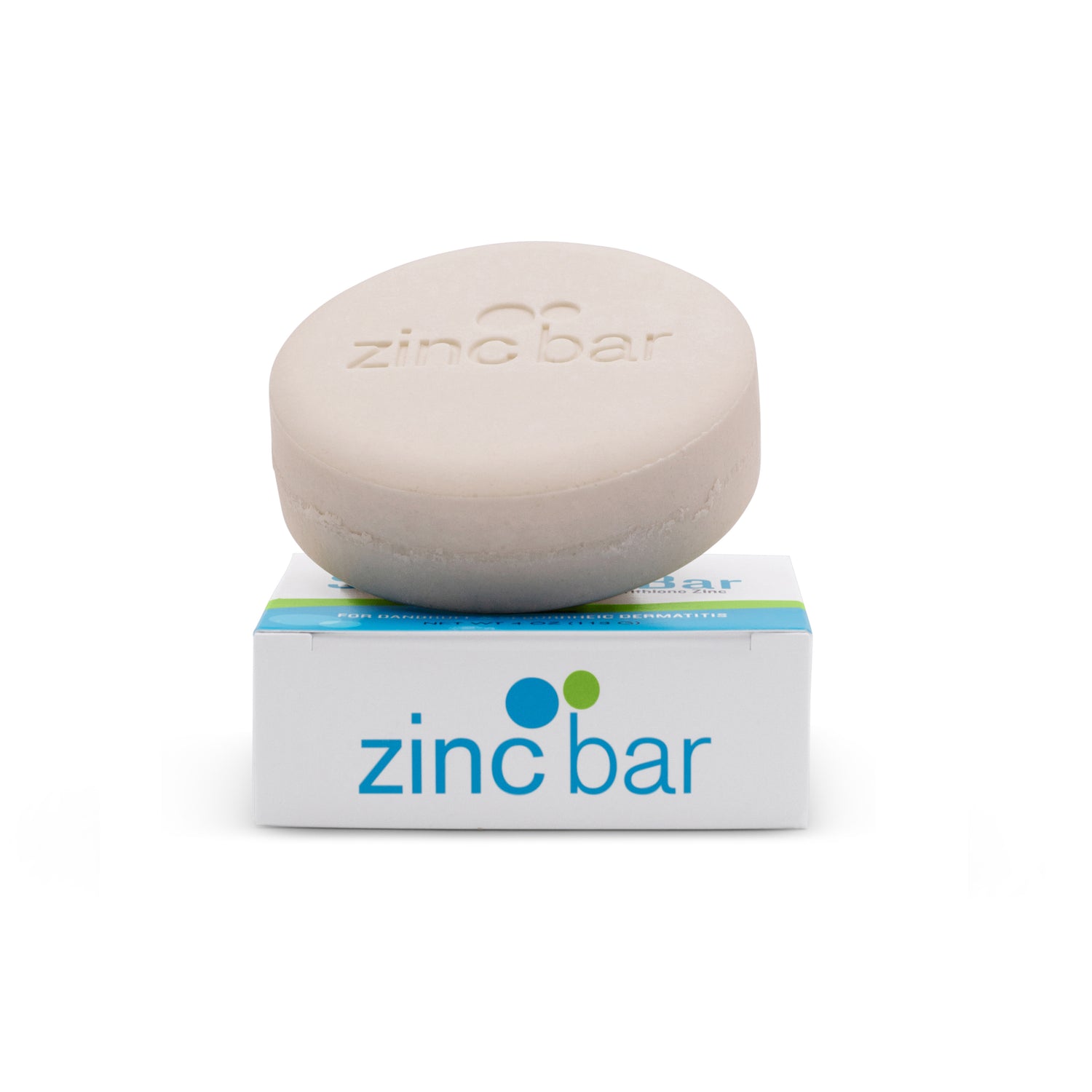Vitamin B1 (Thiamine)
Thiamine, also know as vitamin B1, plays a major role in our bodies' health. Thiamine works with other B vitamins to convert protein, carbohydrate, and fat to energy. It is important for the function of the heart, muscles, and nervous system.
Thiamine deficiency can cause beriberi, a disease of the nervous system caused primarily by lack of thiamine. Its symptoms include weight loss, emotional disturbances, weakness and pain in the limbs, and periods of irregular heart rate.
People who consume large amounts of alcohol may develop thiamine deficiency, as alcohol interferes with the absorption of this essential vitamin through the intestines.
Thiamine can be found in fortified breads, pasta, cereals, whole grains, lean meats, dried beans, peas, soybeans, and fish.
Health benefits of thiamine
- Acts as an antioxidant
- Assists in production of hydrochloric acid, which is very important for proper digestion
- Assists in converting carbohydrates into energy
- Helps maintain healthy nervous system
- Important for the memory
Recommendations
- RDI/AI – 1.2 mg per day
- UL – ND

